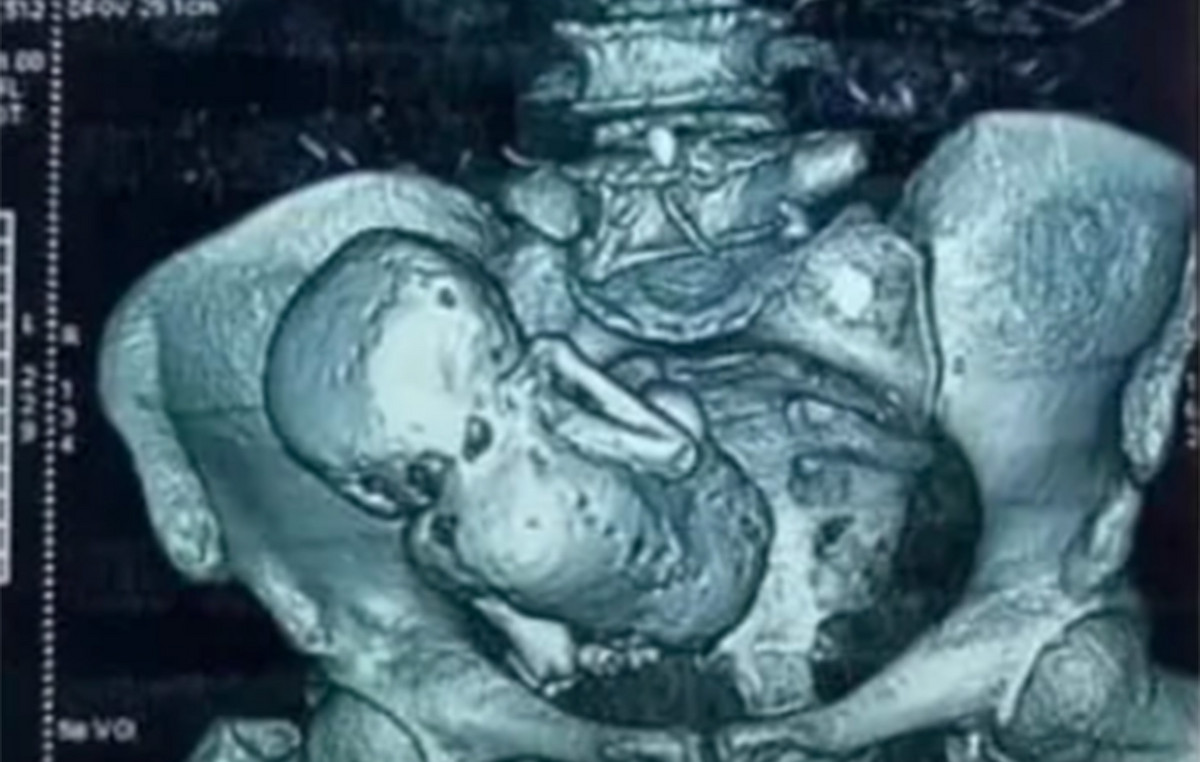For years, Alexa has been synonymous with virtual assistants that can interact with users and perform tasks for them.
Now, Amazon is trying to keep up with a new wave of conversational artificial intelligence (AI) tools that have accelerated the tech industry’s arms race and rapidly reshaped what consumers can expect from its tech products.
Amazon’s goal is to use artificial intelligence “to create this great personal assistant,” Dave Limp, senior vice president of devices and services, said in a recent interview with Amazon.com. CNN . “We’ve been using all forms of artificial intelligence for a long time, but now that we see the emergence of generative AI, we can accelerate that vision even faster.”
Generative artificial intelligence refers to a type of AI that can create new content, such as text and images, in response to user requests. Limp didn’t detail how generative AI could be used in Alexa products, but there are clear possibilities.
In theory, this technology could one day help Alexa have more natural conversations with users, answer more complex questions and be more creative by telling stories or coming up with song lyrics in seconds.
The product can also have more personalized interactions, allowing the assistant to learn about the device owner’s interests and preferences and better tailor its responses to each person.
“We’re not done and won’t be done until Alexa is as good or better than the ‘Star Trek’ computer,” Limp said. “And to be able to do that, it has to be conversational. You have to know everything. It has to be the true source of knowledge for everything.”
Alexa launched nearly a decade ago and, along with Siri, Cortana and other voice assistants, it looked set to change the way people interact with technology. But the viral success of ChatGPT has arguably gotten it done faster and across a wider range of everyday products.
The effort to keep updating the technology that powers Alexa comes at a difficult time for Amazon. Like other big tech companies, Amazon is now downsizing and shelving products in an urgent effort to cut costs amid broader economic uncertainty. The Alexa division did not escape unscathed.
Amazon confirmed plans in January to lay off more than 18,000 employees as the global economic outlook continued to deteriorate. In March, the company said about 9,000 jobs would be affected. Limp said his division lost about 2,000 people, about half of which were from the Alexa team.
Amazon also ended some of the products it created at the start of the pandemic, like its fitness brand Halo, which allowed users to ask Alexa questions about their health and well-being. Limp said the company also shelved some “riskier” projects.
“I don’t doubt we’ll dust them off at some point and bring them back,” he said. “We’re still taking a lot of risk in this organization.”

But Limp said Alexa remains a “Northern Star” for her division. “To give you a sense, there are still thousands and thousands of people working on the Alexa team,” he said.
Amazon is still investing in Alexa and its Echo line of smart speakers. In the past week, the company has released several new products, including the $39.99 Echo Pop and the $89.99 Echo Show 5, its highest -smart speaker with screen.
While the products feature incremental updates, Limp said Amazon’s current lineup contains hints of what’s to come with its artificial intelligence efforts beyond generative AI.
For example, if Alexa is enabled on an Echo Show, where it can spin around and follow users around the room, “you’ll get glimpses of where this is heading in the coming months and years,” Limp said.
But generative artificial intelligence remains the company’s main focus. Amazon CEO Andy Jassy said in a letter to shareholders in April that the company is focused on “investing heavily” in technology “across all of our consumer, seller, brand and creator experiences.”
The company is working on adding ChatGPT-like search capabilities to its e-commerce store. Amazon is also rumored to be planning to use generative AI to bring conversational language to a home robot.
While Limp didn’t comment on the report, he said the end goal has long been for Alexa to communicate with users in a fluid and natural way, whether it’s through an Echo device or other products like the Astro robotic dog.
The concept remains a “difficult technical challenge,” he said, but is “more tractable” with generative artificial intelligence. “There are still some tough cases and things to work out,” he said.
Source: CNN Brasil
Charles Grill is a tech-savvy writer with over 3 years of experience in the field. He writes on a variety of technology-related topics and has a strong focus on the latest advancements in the industry. He is connected with several online news websites and is currently contributing to a technology-focused platform.







